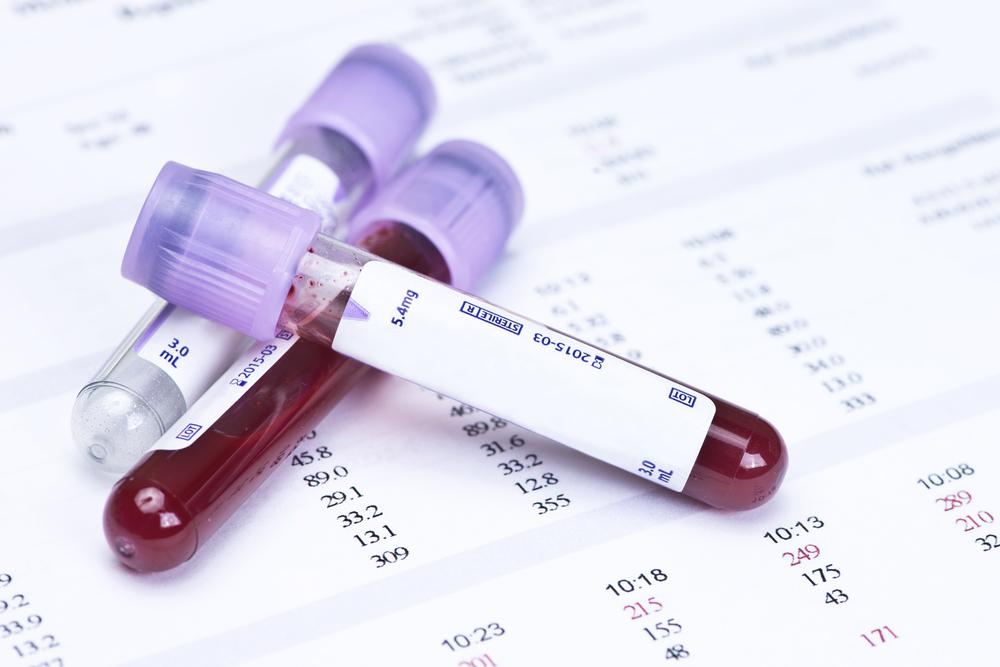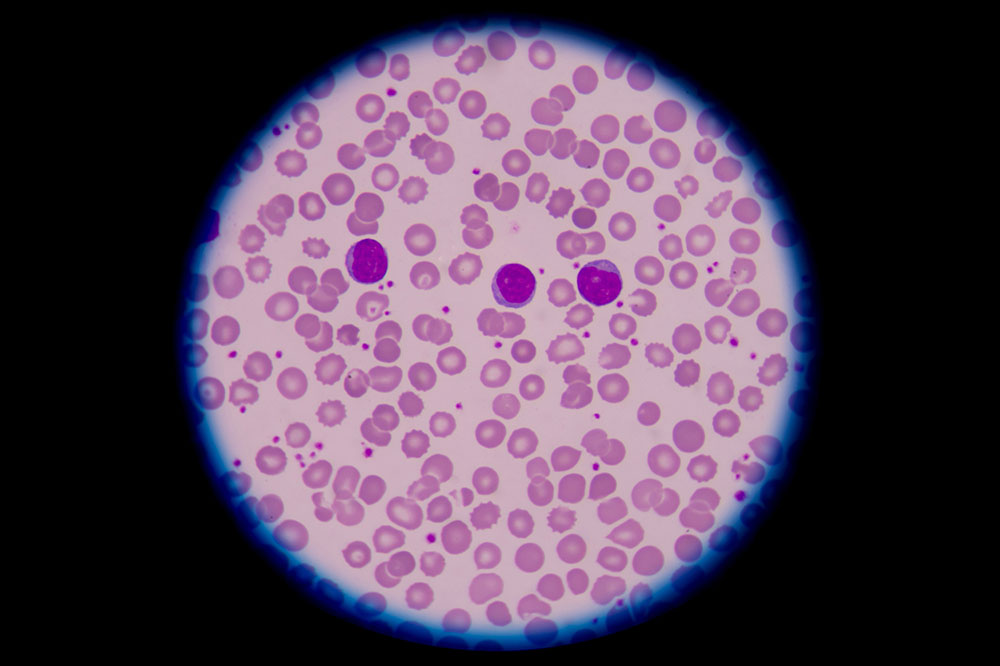Top Tips for Choosing a Trusted Hematology Specialist
Discover essential tips for selecting a reputable hematologist. Learn how to verify credentials, evaluate expertise in specific blood disorders, check facilities, read reviews, and ensure insurance coverage. This guide helps you find trusted specialists for effective diagnosis and treatment of blood-related conditions, emphasizing the importance of thorough research and communication for optimal healthcare outcomes.

Top Tips for Choosing a Trusted Hematology Specialist
The circulatory system plays a vital role in overall health by delivering oxygen and nutrients while defending against infections. Issues affecting blood flow, cell production, or clotting can lead to serious conditions like bleeding disorders, anemia, or leukemia. Immediate medical attention from experienced hematologists is crucial. Hematologists are experts in diagnosing and treating blood, bone marrow, and lymphatic diseases. Finding the right specialist involves assessing credentials, experience, and facilities, ensuring effective and personalized care.
Important factors when selecting a hematologist nearby
1. Verify Qualifications and Credentials
A qualified hematologist must have completed a recognized medical school, a multi-year residency in hematology, and additional fellowship training in specific areas such as pediatric or adult hematology. They should hold valid licensing for practicing in your state, reflecting their proficiency and compliance with standards. Experience and hands-on practice significantly enhance their expertise, making these important considerations during selection.
Additionally, it’s essential to evaluate their practical experience with specific blood disorders such as anemia, hemophilia, leukemia, or sickle-cell disease. Some hematologists might also specialize in oncology, helping with malignant blood conditions and therapies.
2. Consider Expertise in Specific Disorders
When diagnosed with a blood disorder, select a hematologist with extensive experience managing that particular condition. Specialized knowledge ensures accurate diagnosis and effective treatment.
3. Seek Recommendations from Trusted Sources
Word-of-mouth referrals from friends, family, or colleagues provide valuable insight into a hematologist’s competence and patient care standards.
4. Consult Your General Physician
Your primary care doctor knows your medical history well and can recommend reputable hematologists. They often have networks with specialists and can provide referral letters that facilitate smoother appointments.
5. Review Facility Infrastructure
Ensure the clinic or hospital is equipped with modern technology and comprehensive patient care services. Proper infrastructure enhances the quality and safety of treatment.
6. Read Online Reviews
Check patient testimonials and ratings on healthcare platforms to gauge credibility and patient satisfaction. Many platforms now allow booking appointments directly, adding convenience.
7. Assess Communication Skills
A good hematologist listens carefully, explains conditions clearly, discusses treatment options, and answers questions thoroughly. Initial consultations help evaluate their communication approach.
8. Compare Costs and Services
Discuss fees upfront and compare prices among different specialists. Consider their experience, specialization, and what services are included to determine value for money.
9. Verify Insurance Coverage
Choose hematologists covered by your health plan to minimize out-of-pocket expenses. Confirm participation in your insurance network before scheduling appointments.
10. Use Online Medical Platforms
Leverage healthcare apps and websites that list local specialists, provide professional credentials, reviews, and allow online booking. These platforms simplify finding and consulting qualified hematologists nearby.
Symptoms like muscle pain, weakness, chest discomfort, or numbness often indicate blood circulation issues. Consulting a hematologist promptly can lead to effective management and improved health outcomes. Thorough research and open communication are key to receiving proper care.









